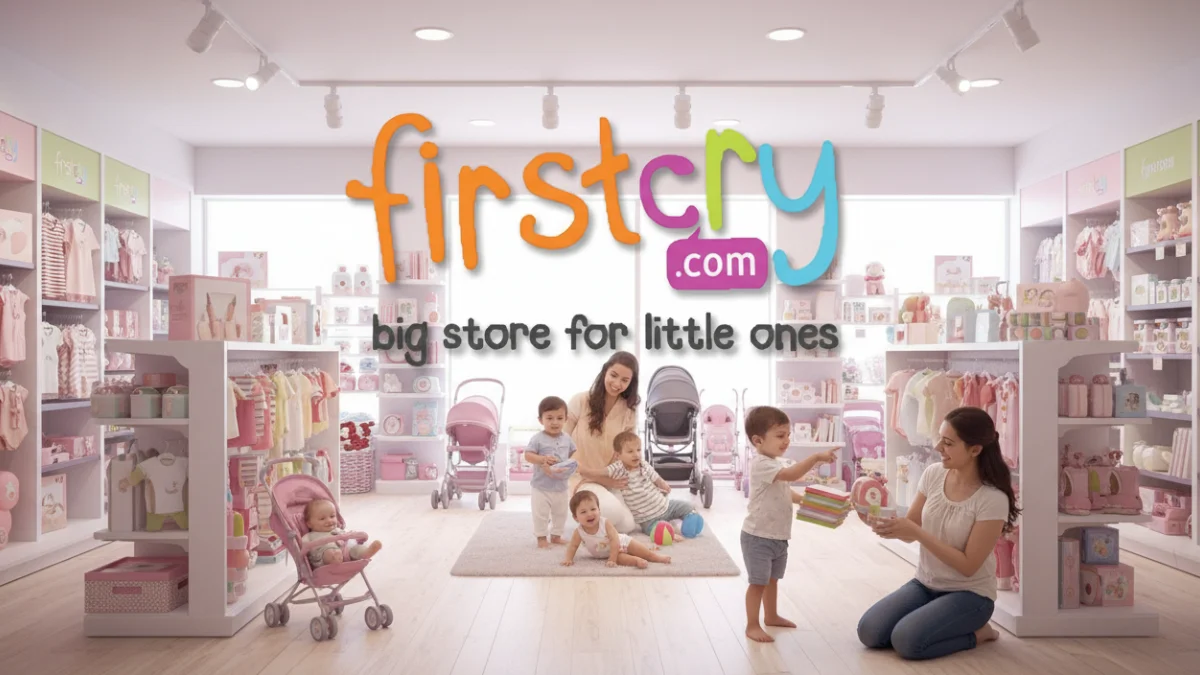Satya Nadella Warns Microsoft: Evolution, Empathy, and the AI Challenge
Date: September 2025
In a series of recent internal meetings and memos, Microsoft CEO Satya Nadella has issued strong warnings and reflections about the company’s future amid rapid advances in artificial intelligence (AI). With the tech landscape shifting fast, Nadella is pushing Microsoft to avoid complacency and risk being left behind.
The DEC Lesson & Relevance Risk
During a town hall discussion with employees, Nadella cited Digital Equipment Corporation (DEC) as a cautionary tale. DEC was once a leader in computing, but ultimately failed to adapt to major technological shifts. Nadella revealed this “haunted” him, because he fears Microsoft could face a similar fate if it does not evolve strategically in the face of AI.
He warned that “some of the biggest businesses we built might not be as relevant going forward.” The message is clear: past dominance doesn’t guarantee future success. Microsoft must work to reinvent core sectors or risk losing relevance.
Internal Culture, Layoffs & Empathy
The transformation, however, has not come easily. Microsoft has cut over 15,000 jobs in 2025, including large rounds of layoffs in July. While the overall headcount hasn’t dramatically dropped due to ongoing hires, the emotional weight of these changes is significant. Nadella acknowledged this explicitly, expressing gratitude to departing colleagues and admitting the decisions were among the hardest the company has made.
In addition, he addressed growing concern among employees about perceived lack of empathy, especially in relation to the company’s return-to-office policy and how layoffs were handled. During internal discussions, Nadella accepted that leadership can and must do better in restoring trust and culture.
Strategic Shift: From Software Factory to Intelligence Engine
Nadella has also outlined what may be Microsoft’s most significant strategic pivot yet. He emphasized that Microsoft’s original vision — that of a “software factory” focused on building products — is no longer sufficient. Instead, he proposes a future where Microsoft becomes an “intelligence engine”: empowering users to build with AI, creating new categories, and embedding AI across its platforms and services.
This shift involves not only technological change, but organizational and cultural transformation: unlearning old habits, embracing uncertainty, redefining leadership roles, and placing greater focus on agility, customer needs, and innovation. Microsoft’s leaders see security, quality, and AI transformation as non-negotiable pillars of this new path.
What’s Next
- Teaming up with AI leaders: Expanding partnerships, accelerating infrastructure investments, and focusing on cloud and GPU compute capacity.
- Talent management & culture: Rebuilding employee trust, better handling of change and transitions, and reinforcing a culture of empathy.
- Innovation investments: Doubling down on AI-driven products, creating new business models, and ensuring relevance in whatever new markets emerge.
Conclusion
Satya Nadella’s recent messages mark a pivotal moment for Microsoft. Facing the rising tide of AI, global competition, and internal unease, he’s calling for bold transformation — of technology, of culture, and of self-identity. The path ahead may be messy, but for Nadella, staying still is not an option. Microsoft’s ability to embrace change will likely define its standing in the next decade.
Sources: Times of India, Economic Times, GeekWire, Reuters



